Dallas
214-456-2382
Fax: 214-456-6133
Plano
469-303-4400
Fax: 469-303-4420
Referrals
Request an Appointment with codes: Cancer and Blood Disorders (CCBD)
Glioblastoma is a malignant brain tumor that usually occurs in older children. Treatment of glioblastoma requires complex combinations of surgery, radiation therapy and chemotherapy, so it's very important to see a specialist with experience in this type of cancer. Children’s Health offers care from physicians at the UT Southwestern Pediatric Group, who are among the world’s top pediatric cancer experts.
214-456-2382
Fax: 214-456-6133
469-303-4400
Fax: 469-303-4420
Request an Appointment with codes: Cancer and Blood Disorders (CCBD)
Glioblastoma is believed to start in astrocytes, brain cells that help your central nervous system do tasks like store energy and support neurons. Anaplastic astrocytomas are part of a group of tumors called high-grade gliomas. High-grade gliomas typically grow and spread faster than other types of brain tumors. These tumors can affect kids of any age but are most common in kids between 8 and 18. Each year, around 500 children in the U.S. are diagnosed with glioblastoma.
A glioblastoma tumor can push against the brain, causing symptoms such as:
First, your child will have an MRI. This test takes detailed pictures of your child’s brain and helps us figure out what’s causing their symptoms. MRI’s show us if your child has a tumor, and if so, where it is located and how big it is.
If we find a tumor, we’ll take a sample of it called a biopsy. Biopsies allow us to see what type of tumor your child has and whether or not it is cancerous.
We also use a tool called next-generation sequencing for many of our patients. This allows us to examine the tumor’s DNA. Some tumors’ DNA can be targeted with certain types of drugs, so knowing the exact genetic makeup of your child’s tumor helps us choose the best treatment.
The exact cause of these tumors is not known. Some children with glioblastomas have a “genetic predisposition,” which means their genes put them at higher risk of developing this cancer and related cancers.
We have a team of doctors and other specialists who focus specifically on brain tumors. Our doctors are also faculty members at UT Southwestern, which means they have received expert training and have access to the latest treatments and clinical trials. Our experience and teamwork help us act quickly to fight your child’s cancer and reduce their pain and symptoms.
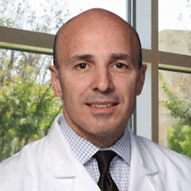
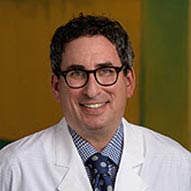
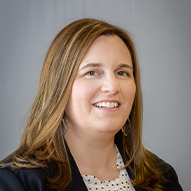
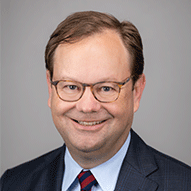
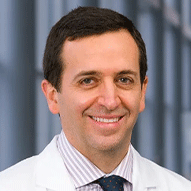
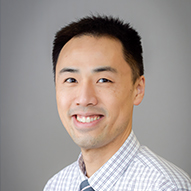
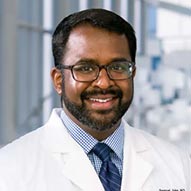
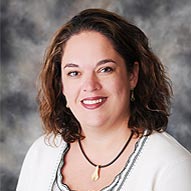
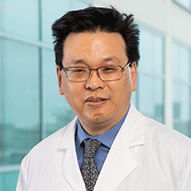
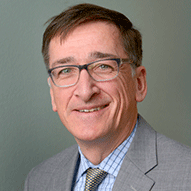

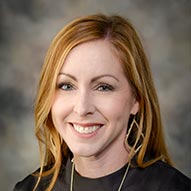

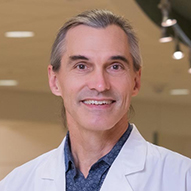
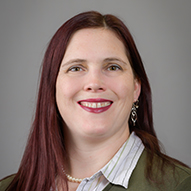
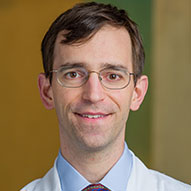
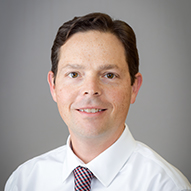
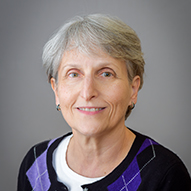
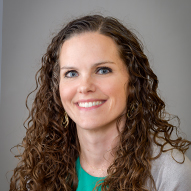
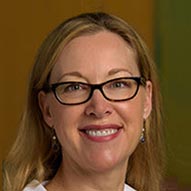
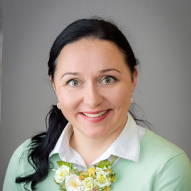

Some glioblastomas are curable, but many are not. At Children’s Health, we have helped children with glioblastomas overcome the cancer and survive long-term.